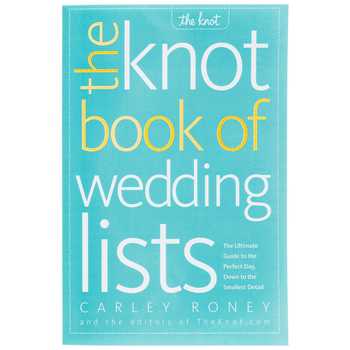This post is part of a debate on gay marriage. I’m responding to Matt’s post on gay marriage and deep friendship, and this is the first part of my three-part rebuttal. Thanks again to Matt for taking on this debate. The second part of his argument will run tomorrow. Thanks also to the mostly respectful and mostly constructive commentariat.

One reason I like arguing with conservatives is because even if I don’t end up agreeing with them, they tend to be good at pointing out the cost of what I want. Public acceptance and awareness of homosexuality does change the dynamics of some same-sex friendships. That’s not a defeater for support for gay marriage and gay visibility, and we shouldn’t make a reflexive denial of the tradeoffs a part of our defense.
In fact, I don’t even need to refer to Matt’s post in order to talk about the costs of gay visibility; I can come up with examples all my own: The coming out movement has made it harder in some situations to be gender non-conforming. The dandyish, slim boys in some of the debating parties on the right at Yale were assumed to be closeted, whether or not they had girlfriends. Before I was out, I was surprised to find out my whole seminar had assumed I was gay because I wore “lesbian pants.”
Instead of just thinking their classmates are weird, students put them in the ‘weird’ category they know: homosexual. It is hard to be isolated and bullied, and it’s even worse to be both cast out of your peer group and cast into a sexual role that may not fit. Even well-meaning people on my team can have a tendency to pressure people to come out if they seem gay, regardless of their stated sexual orientation.
But you’ll notice, despite these problems, I’m pretty staunchly pro-gay marriage and pro-queer visibility. First, from a purely practical point of view, I don’t think we can regress on queer visibility (the objection to gay marriage, in this first part of the debate is that it legitimizes and entrenches the public existence of gay people). If the die is cast, we’re better off figuring out how to mitigate the collateral damage of a cultural shift than standing athwart history yelling “Stop!”
There’s more than fatalism backing up my position. To a large extent, I think the increasing visibility of queer people contains the seeds of its own solution. The less stigmatized queer relationships are, the less frightening it is to have your close same-sex friendship mistaken for one. That will take care of the harm external judgment does to intense friendships. I’ll discuss the idea that potential attraction warps platonic relationships and ways to counteract that threat in two subsequent posts.
Finally, the dangers to queer people when they are marginalized are real, and they are horrifying. As long as you regard the mere fact of queerness as morally neutral, I don’t think you can in good conscience ask LGBT people to go back into the closet for the sake of brotherly love. (So far, Matt hasn’t made the case that same-sex attraction is wrong in itself, independent of its secondary effects on heterosexual or platonic relationships).
This post is part of a debate on gay marriage. I’m responding to Matt’s post on gay marriage and deep friendship, and this is the first part of my three-part rebuttal.















